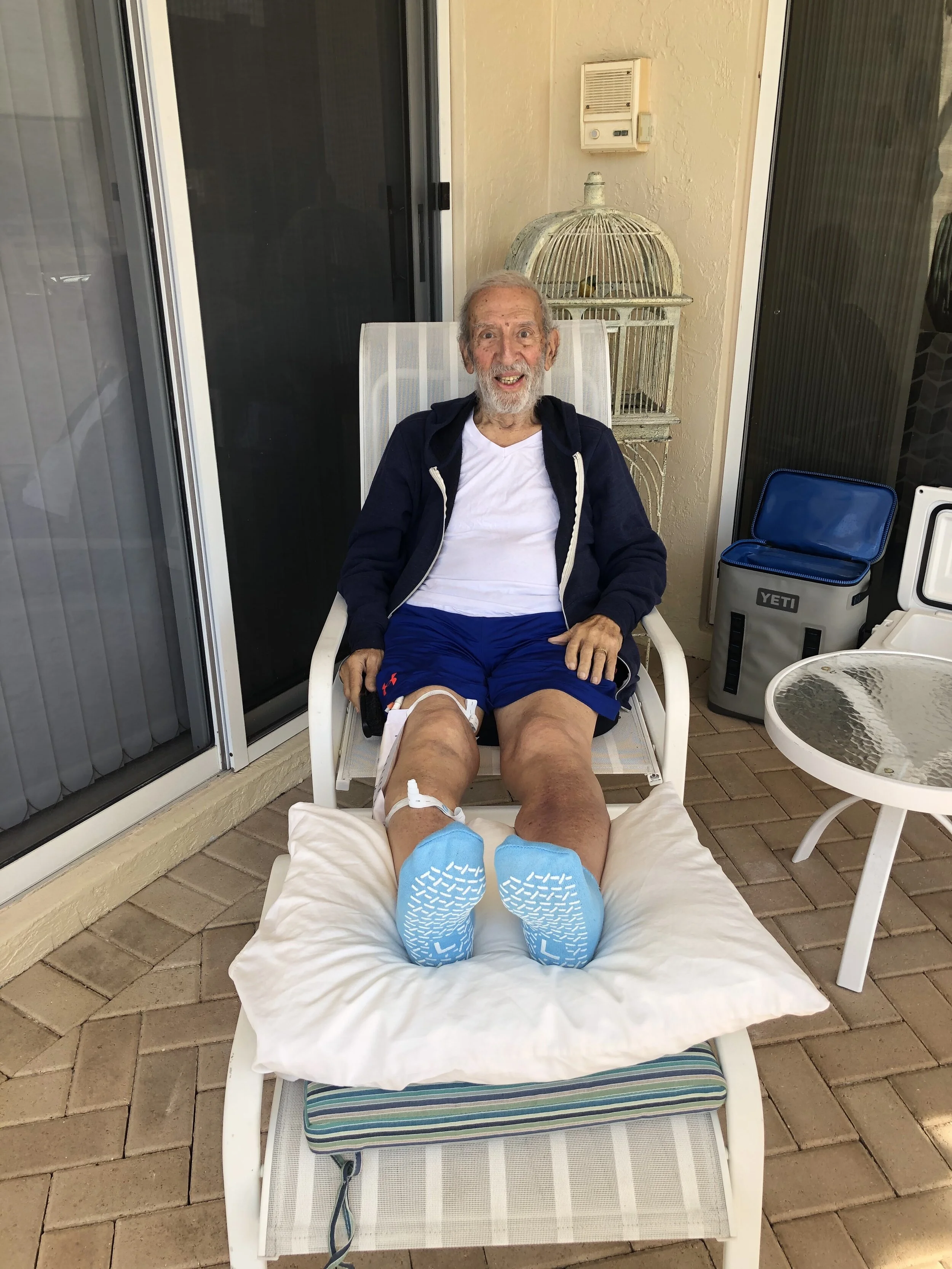Patient-Centered Healthcare
/Patient-centered healthcare recognizes the ineffectiveness of an authoritarian model of medical care whereby physicians tell patients what to do, and bypasses the concept of a partnership between physicians and patients in which each partner has equal input.
“It is far more important to know what person the disease has than what disease the person has.”
— Hippocrates
In patient-centered healthcare, patients are encouraged and supported as they stand at the center of their medical care, receiving input from many sources, making their own choices.
Physicians are invited to participate, but patients make the decisions about which options they will follow.
Dr. Donald M. Berwick, former Administrator, Centers for Medicare and Medicaid Services and past President and Chief Executive Officer of the Institute for Healthcare Improvement explained patient-centered healthcare as follows:
“I have come to believe that we—patients, families, clinicians, and the health care system as a whole—would all be far better off if we professionals recalibrated our work such that we behaved with patients and families not as hosts in the care system, but as guests in their lives.”
Over the past 30 years, as I have practiced medicine, my patients have taught me that when they are supported in the center of their care, and encouraged to mobilize their resources to heal, they become empowered to express their vitality, creativity and strength.
Many years ago, a patient with advanced breast cancer came to my office for osteopathic manipulative medicine. She was so nauseated when she arrived for her appointment that she spent more than 30 minutes in the bathroom before she could make it to the treatment room. Once she gathered her strength, she told me that she had been told by her physicians that she “had to” go through another round of chemotherapy that week due to a recurrence of the cancer. She recounted the pain associated with the procedures and described her aversion to the clinical settings at the oncology center. She was visibly distraught and withdrawn.
I suggested to her that it is perfectly appropriate for a patient to examine factors such as the side effects of treatment, the impact on quality of life, and the value the patient places on the proposed treatment. She could consider the advice of physicians and also affirm a patient’s right to weigh the factors involved and make the final decisions about her healthcare.
After a period of silence that lasted more than 10 minutes, her face lit up.
She had been told for so long that she had to follow the orders of her physicians that she had come to believe it. She was excited about an alternative, and left the office feeling renewed.
The actual decision as to whether or not to pursue another course of chemo was not the main issue. It was the idea of regaining a central position in her healthcare, of making her own decisions rather than following a plan that had been decided for her.
As “guests” in the lives of our patients, we can still offer patients the benefit of our medical training and experience. We can and should continue to provide coordinated, effective and innovative medical resources to patients to help them maneuver through the myriad of medical considerations and options.
The difference lies in the way that these resources are presented to the patients. When invited, rather than telling patients what they have to do and imposing our prejudices and expectations on them, we can propose the course of treatment that we believe will best serve the patient while also respecting each patient’s unique way of approaching his or her life.
These ideas are not new to us. As children, we are taught how to treat one another, how to respect each person’s individual perspectives and choices. As adults, we are taught how to refine these skills, respecting another person’s choices even when we don’t understand or agree, and encouraging them to find out what works best for them.
The considerations are the same in medicine.








